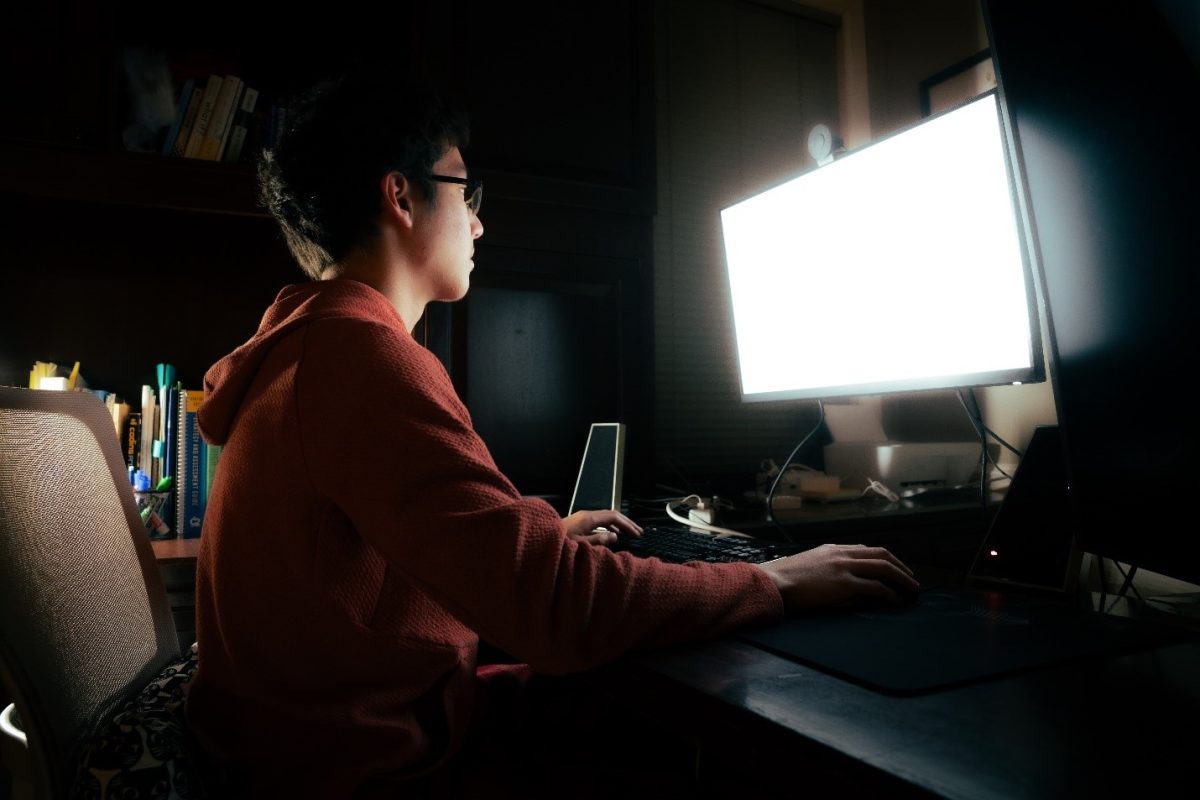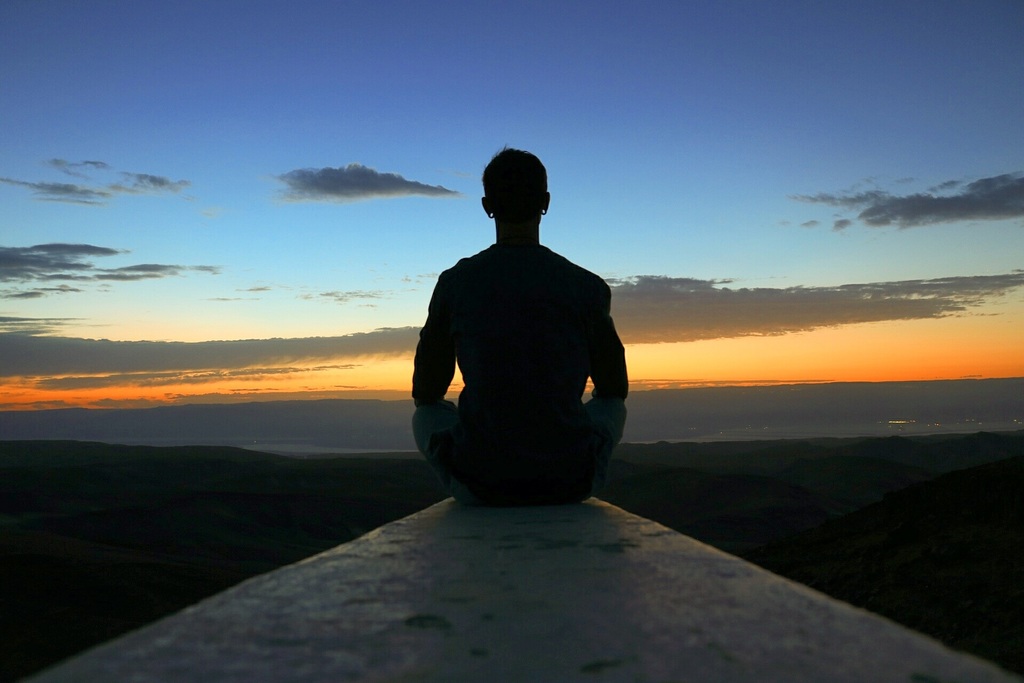Ever feel anxious without your phone? You are not alone. In these post-COVID years, students all over the country have been spending almost half of their waking hours on screens.
Screen addiction might be a lingering effect of the pandemic. A study from The International Journal of Environmental Research and Public Health found students’ screen time had doubled from before COVID.
This is not the best news; screen use has a direct correlation to mental and physical health.
Aris Mosley, a psychiatry specialist, said that excessive screen time can lead to obesity, sleep problems and chronic back and neck pain. Always slouching to stare into a phone or laptop is bound to cause these problems; fixing posture and taking regular breaks can lessen them.
An aspect that cannot be ignored when discussing screen time is social media. Whilst the age of information has led to countless positives including special connections and outlets of expression, it can be a double-edged sword. Psychotherapist Douglas T. Burenski said that social media has “fed into the ability to compare oneself to others. This can lead to anxiety and a lack of self-confidence.” It is also a place where strangers can freely interact with each other, putting students at risk of cyberbullying and harassment.
Acknowledging that social media is an increasingly attractive source of entertainment for students, it is not even necessary to completely detach oneself from it to ameliorate the negative effects. A study by McGill University’s psychology doctoral student Helen Thai said that decreasing social media use to just 60 minutes a day for three weeks can noticeably improve mental health.
Reducing screen time is an infamously difficult task, but the rewards that come with it are more than worth it. Now that remote learning is thankfully behind us, how about letting the internet addiction go with it?










